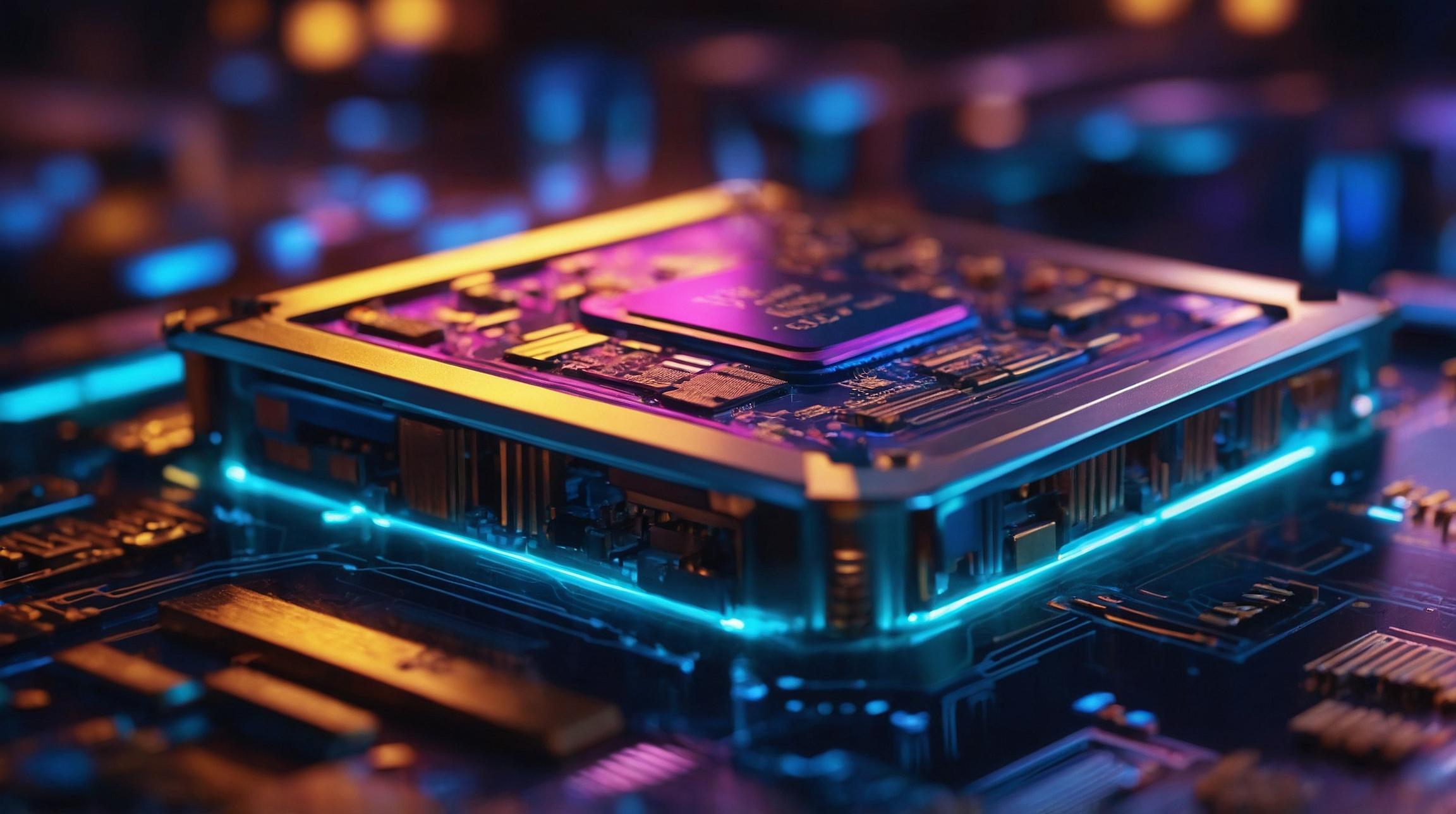Ola Electric's AI Chip Breakthrough
Ola Electric, a leading name in India's electric vehicle market, has taken a significant leap by announcing India's first AI chips. With three chips set to release in 2026—Bodhi 1, Ojas, and Sarv 1, and a fourth, Bodhi 2, following in 2028, this marks a major milestone in the country's technological advancements.
Demand for AI Chips in India
The demand for AI solutions is rapidly growing in India, paralleled by local tech companies seeking advanced computing capabilities. For instance, Yotta, a prominent data center company, has already ordered 16,000 Nvidia GPUs for the upcoming year, highlighting the nation's appetite for high-performance AI technologies.
Understanding the Chip Lineup
Bodhi 1: This chip focuses on AI inferencing, which involves interpreting and processing data in applications like large language models (LLMs) and visual models. Importantly, Bodhi 1 is designed to optimize power efficiency, addressing one of AI processing's key challenges today.
Ojas Edge AI Chip: Tailored for specific applications, this chip can be customized for use in sectors like automotive, mobile, and Internet of Things (IoT) devices. Ola plans to incorporate this chip in future electric vehicles to manage functions such as charging and Advanced Driver Assistance Systems (ADAS).
Sarv 1: Utilizing an Arm instruction set, Sarv 1 is intended for data center implementations, offering enhanced computational power and efficiency.
Performance and Competition
Ola's presentation indicates that their prototype chips outperform Nvidia GPUs in power efficiency and performance metrics. However, specifics about the compared GPU model remain undisclosed, as well as details about the chips' fabrication origins.
India's Position in the Global AI Arena
India, with its vast and talented tech workforce, is positioning itself in the global AI competition, primarily dominated by the U.S. and China. As international tech giants face restrictions in China, India presents itself as a potential alternative market, welcoming advanced technologies from companies like Nvidia and ASML.













